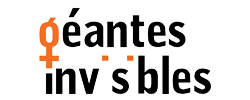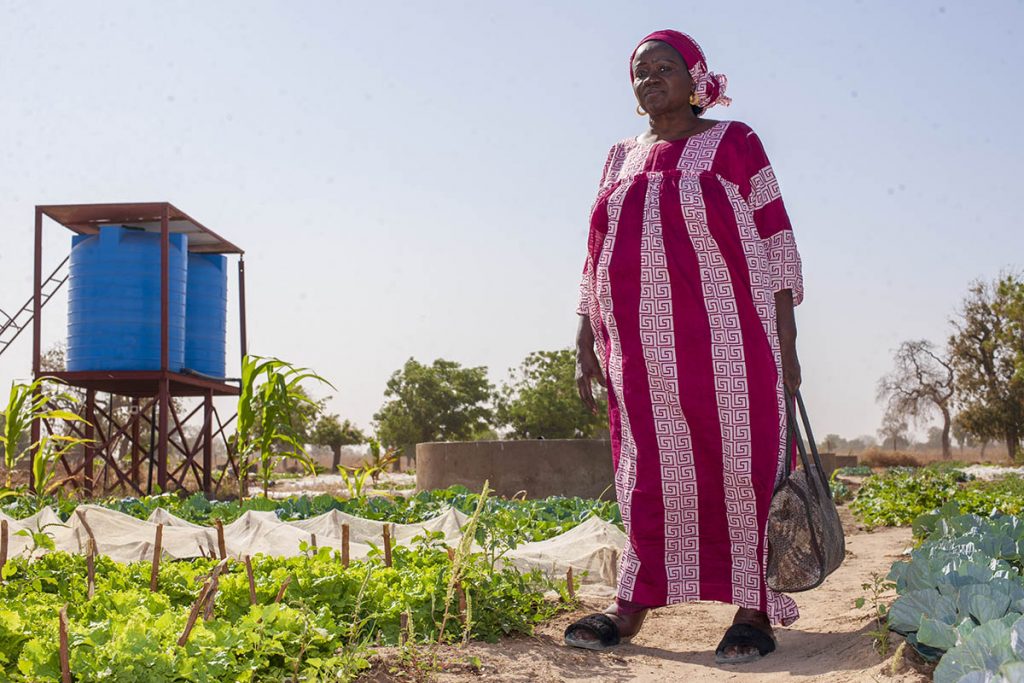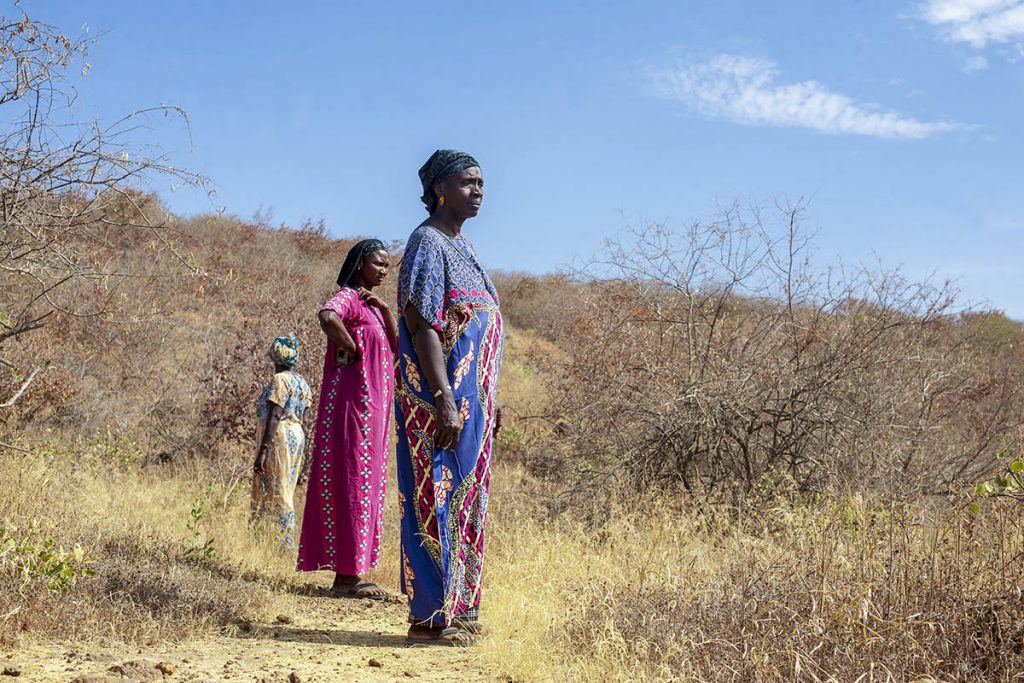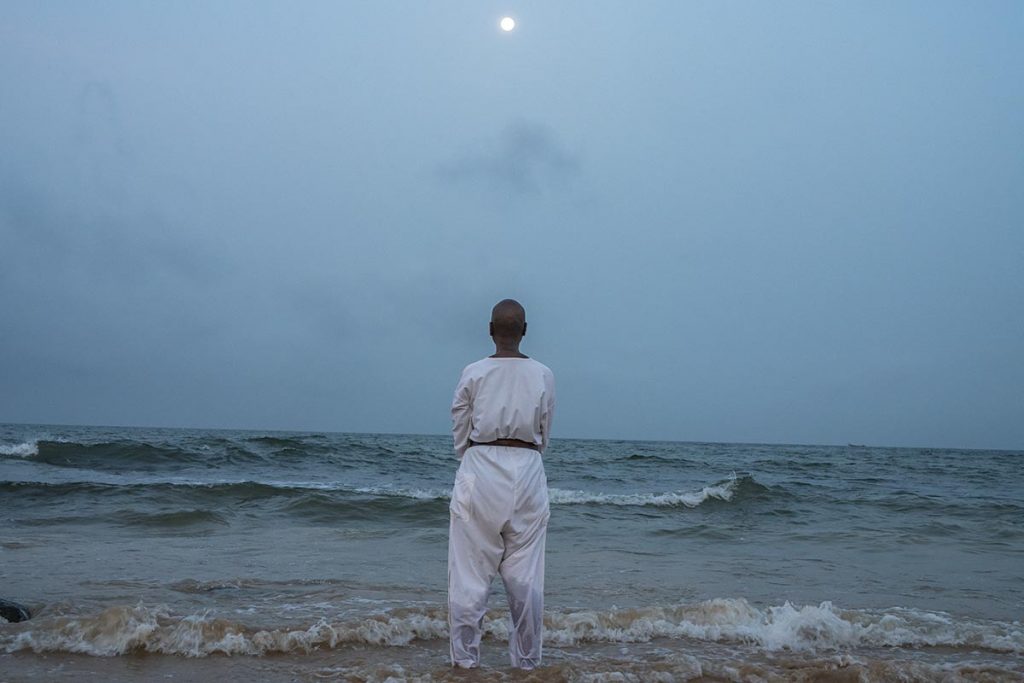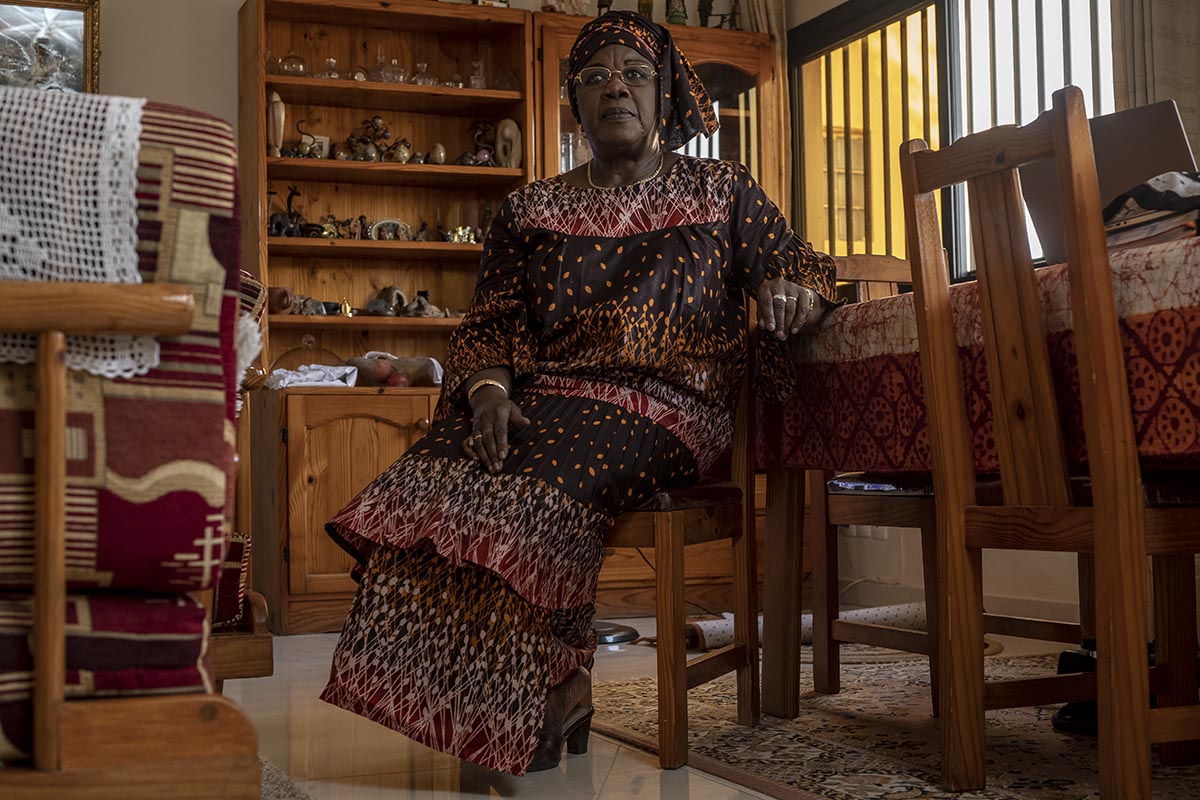
Technical Advisor to the Plan NGO
With a Master's degree in Economics from the Sorbonne University in Paris and a Master's degree in Project Management from the Université du Québec à Montréal, Astou Diop returned to Senegal to join the Ministry of Planning where she took her first steps as a development technician.
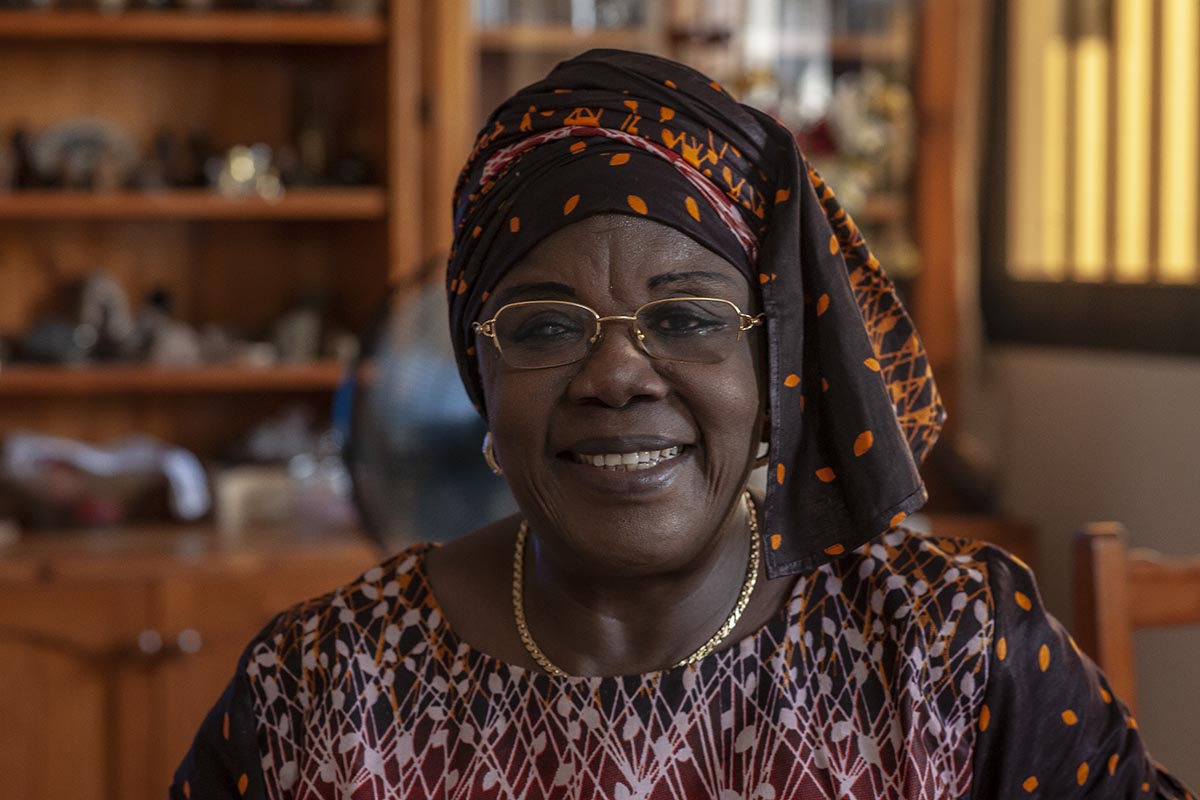
It is there that she acquired the professional qualities that are hers, still today and the method to which it has been able to combine great qualities, in this case org nization and method personal: simplicity, availability and generosity. It is, undoubtedly, there that resides the secret of his performance at all stages of his career.
In 1989, while she was Deputy Director of the Plan, she was called by Mrs. Ndioro Ndiaye, Minister of Social Development, to take charge of the UNCDF project in its phase of "Economic Promotion of Women's Groups" as National Director. That was all it took for Astou Diop to commit herself fully on the technical level but also on the ground for the cause of women. Here too, she stands out for her professionalism and her exceptional taste for work well done and the achievement of results as planned. Thus, from 1993 to 1999, she was, in turn, a consultant and a consultant in the field of women's rights. Technical and Director of Family Welfare at the Ministry of Women, Children and the Family and the Ministry of the Family, Social Action and National Solidarity. She was a United Nations official in Guinea Bissau from 1991 to 1993 and in Madagascar from 1999 to 2002. She also worked as an Expert Consultant on gender mainstreaming in policies, programs and projects at the World Bank, UNFPA, CDRI, UNDP and the United Nations Development Programme (UNDP). He was responsible for leading Senegal's participation in the 1995 Beijing World Conference on Women, through the organization of the 1994 African regional conference in Dakar and Senegal's technical preparation for its contribution to that conference, the development of the second National Action Plan for Women in 1996, as recommended in Beijing, and the formulation of the 2004-2005 National Strategy for Gender Equity and Equality.
For her, it is extremely important today that Africans Rising makes the struggle of women, the promotion of women, the empowerment of women its main focus.
"Because nothing in development can be done without women. (...) It is important to value, not the woman as a woman but to value the potential of women. And this potential is indispensable for the development of women's of the country, to the development of the Nation."
Doc to value this potential is to reflect the image of women leaders, to reflect the image women who have done something in their sector, it's extremely important.
And I would like all the women who are here, all the men who are here, that you disregarded, that you take this with you: It is often said
"Behind every man there is a great lady" but behind every lady There's a man too."
